
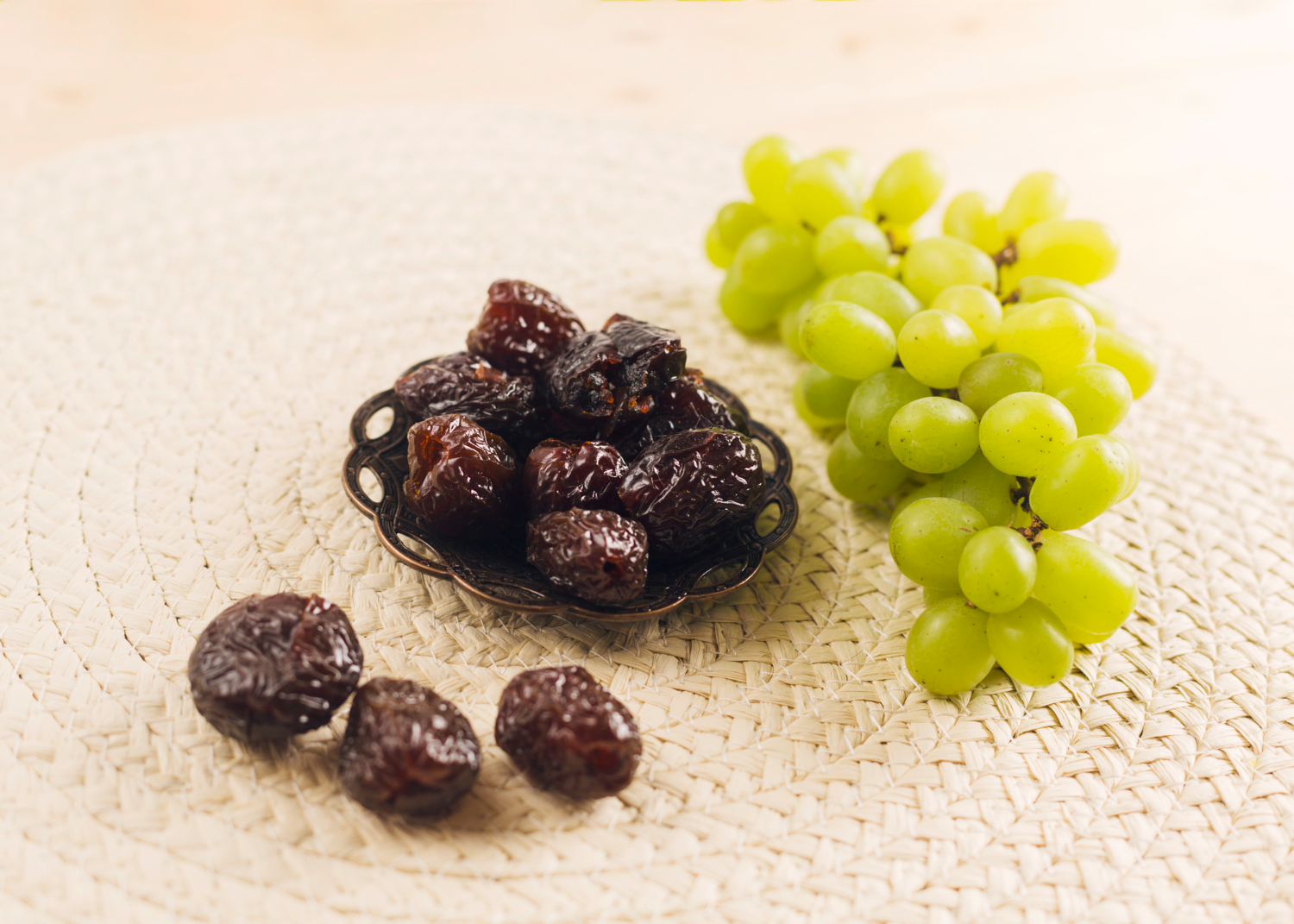

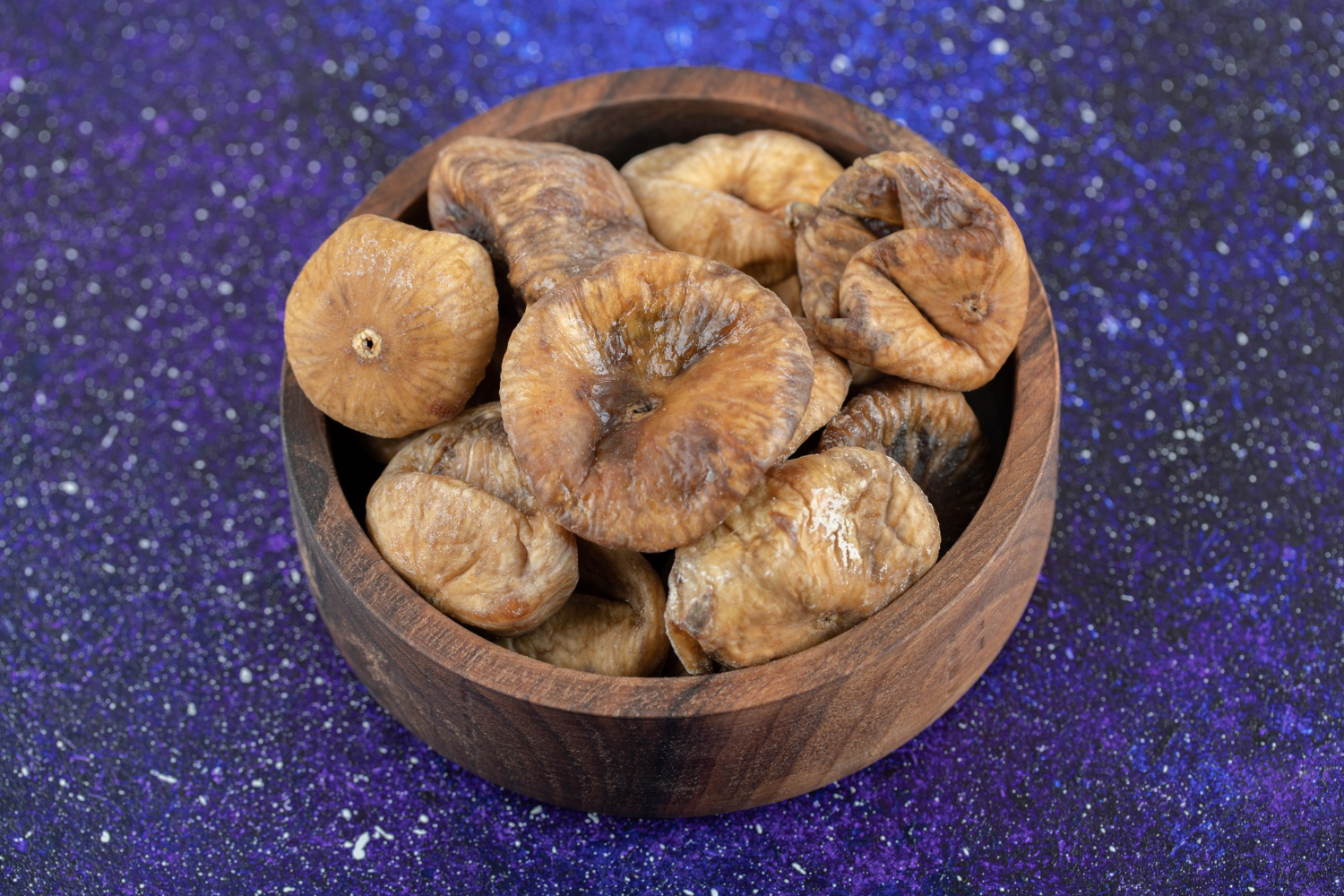

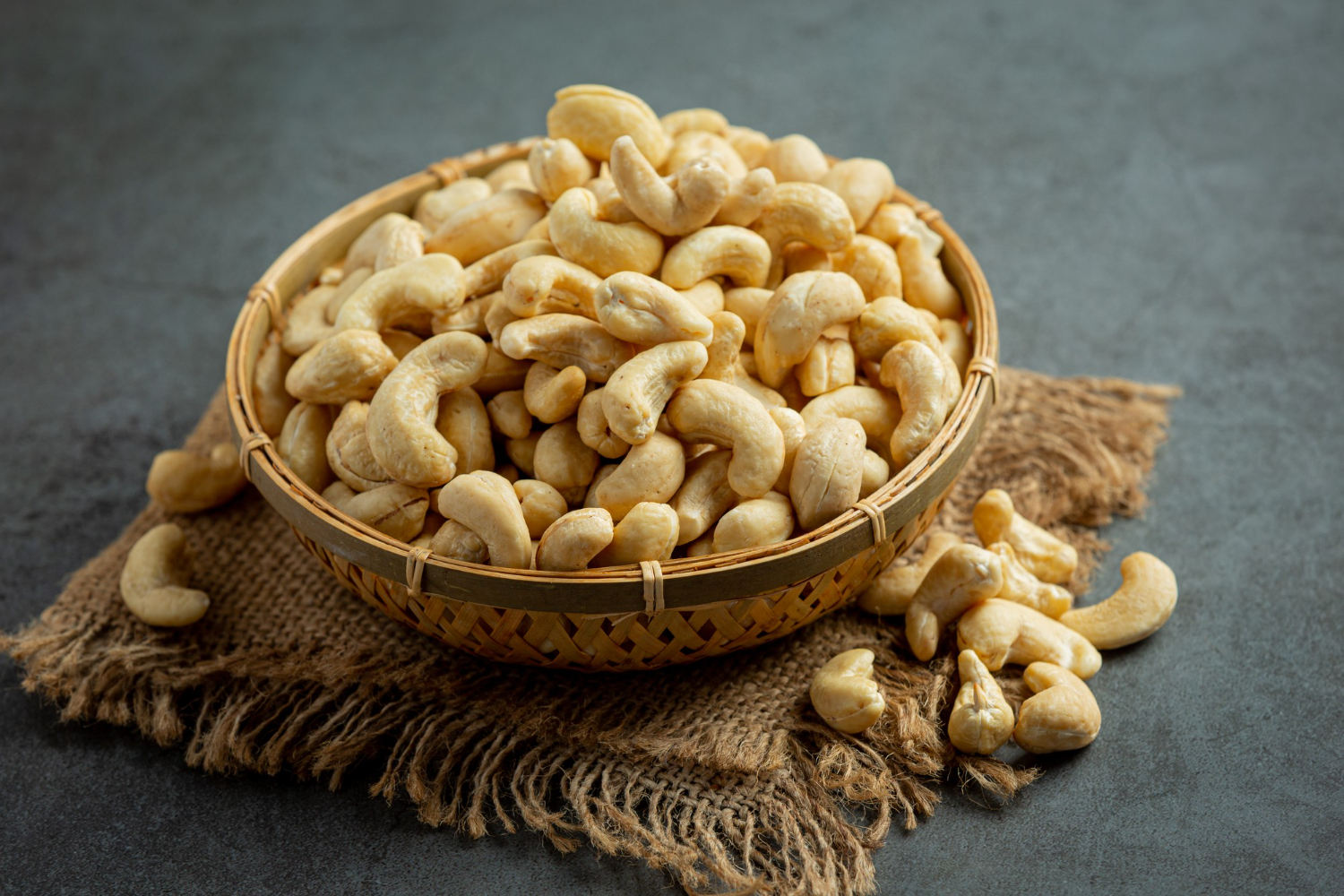

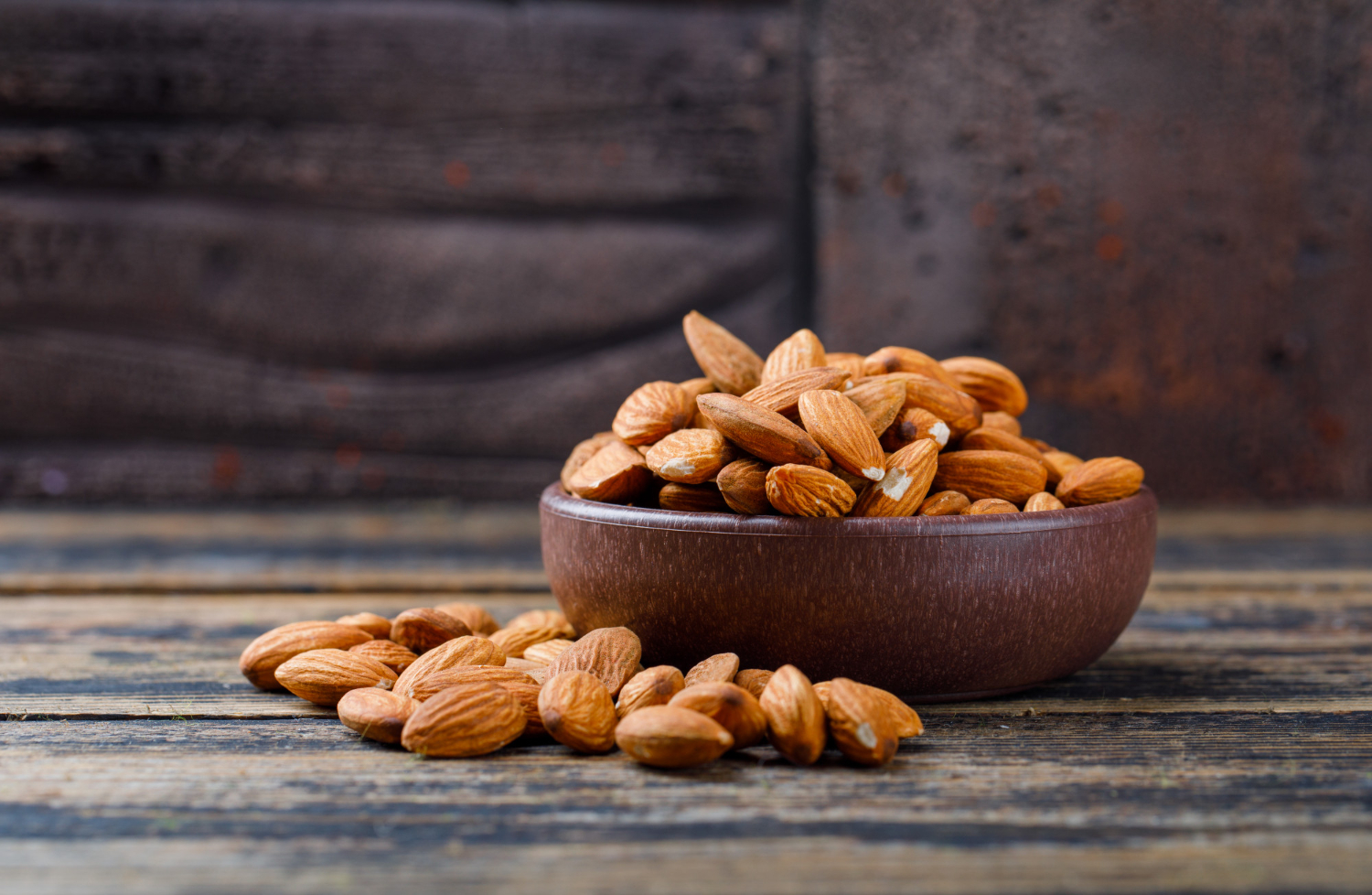
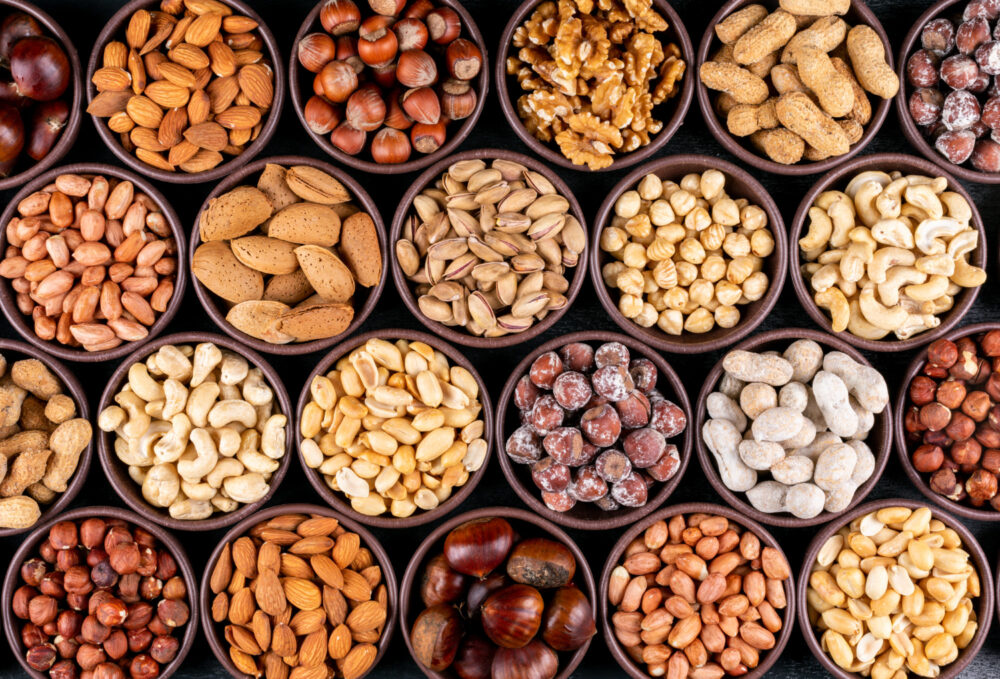
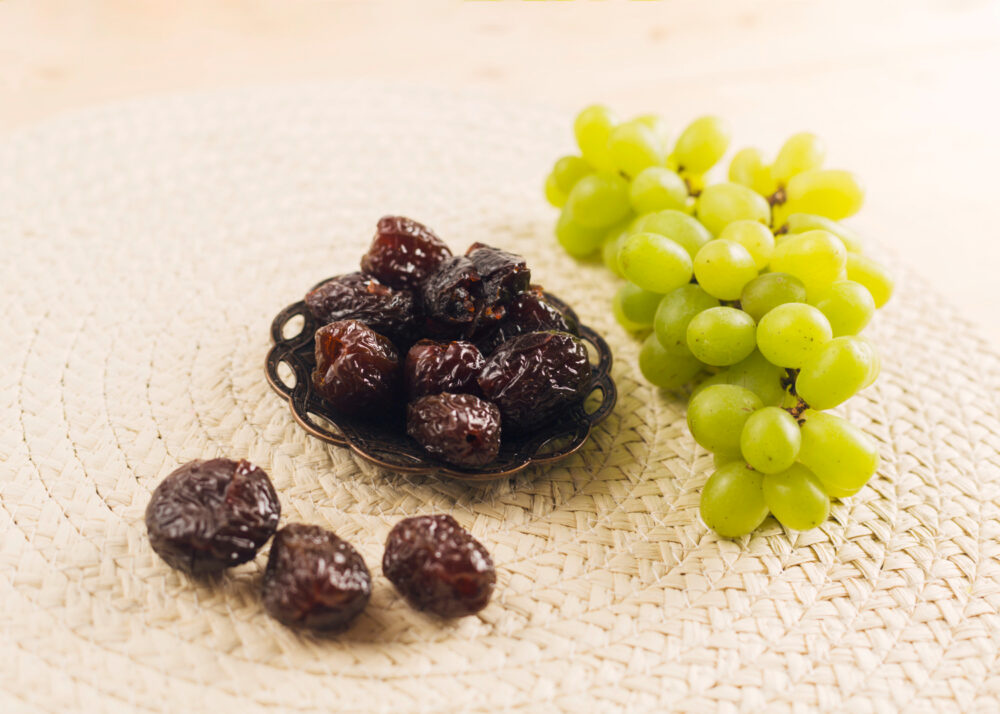

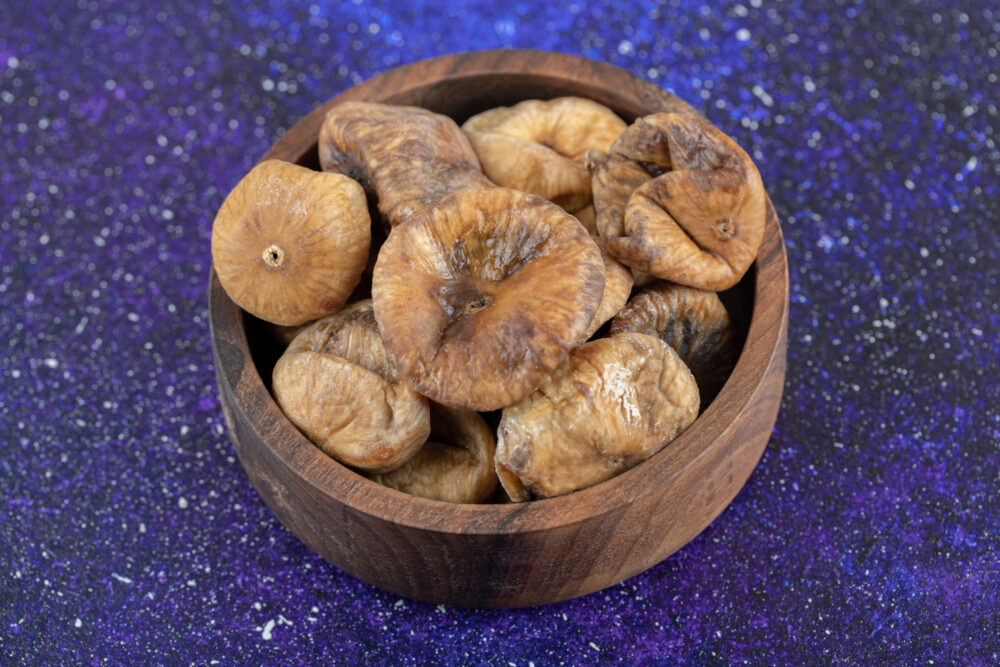

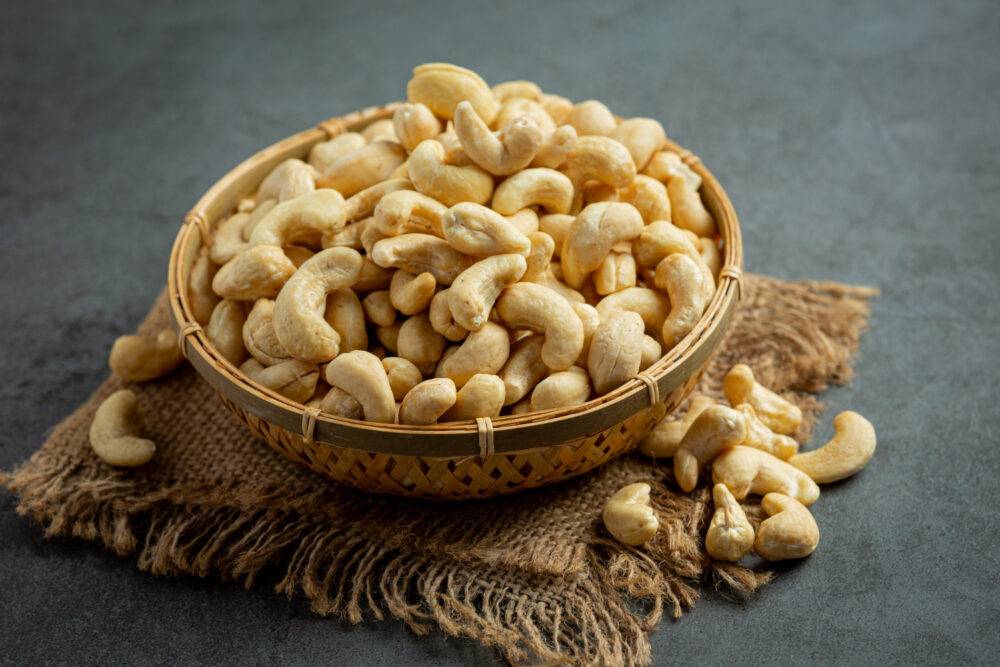
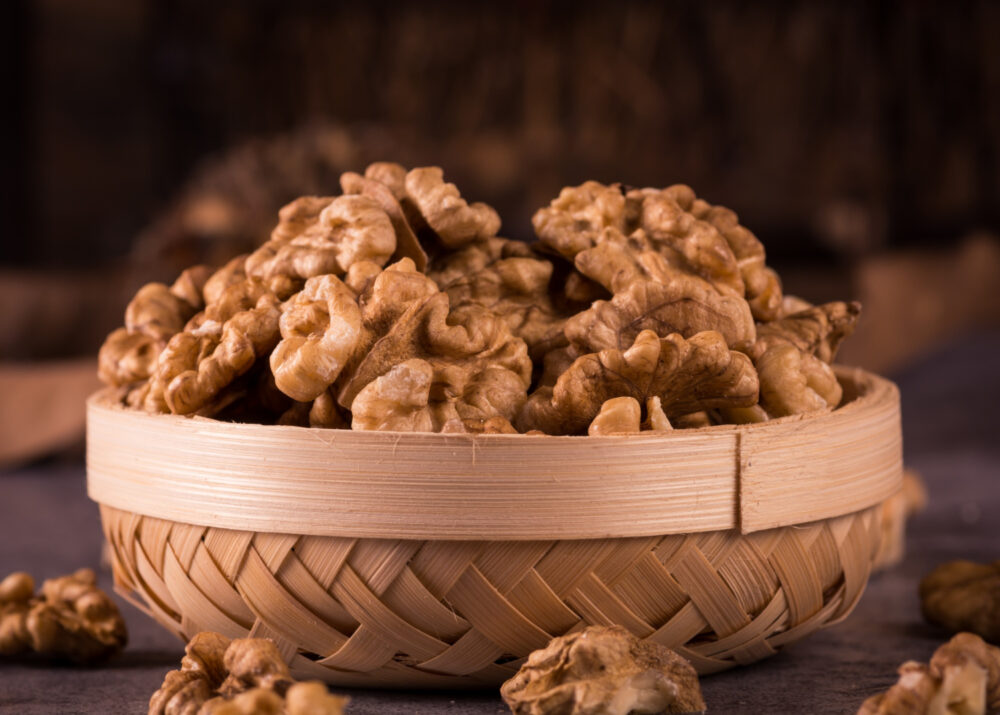
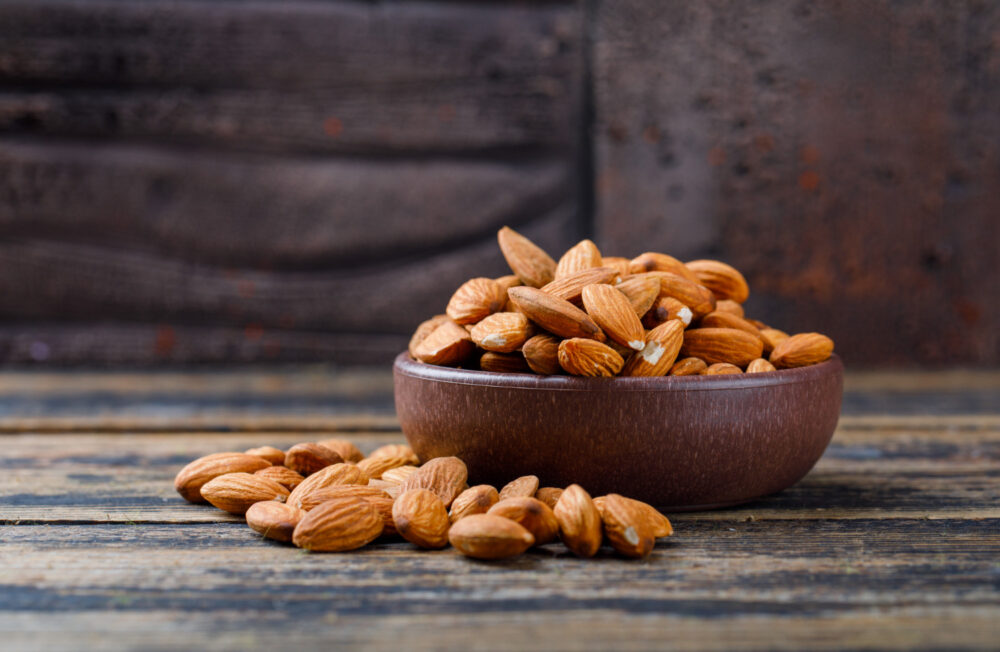
Dry Fruits
Dry Fruits by SPRK Alum Pvt Ltd are sourced for premium quality and purity, offering a natural and healthy option for snacking and cooking. Carefully selected and packed to preserve freshness, they reflect SPRK Alum’s commitment to excellence.
Product Specifications:
- Purity: High-grade, meeting stringent quality standards.
- Origin: Responsibly sourced for freshness and quality.
- Uses: Ideal for snacking, cooking, and garnishing.
- Packaging: Available in various sizes, suited for both individual and bulk needs.
- Order in the next to get it by October 29, 2025
- Real Time 379 Visitors Right Now
Description
Dry fruits, which include dehydrated fruits and nuts, are packed with nutrients and have been enjoyed for centuries as a convenient, tasty, and nutrient-dense snack. They offer numerous health benefits and are versatile in their usage. Here’s a look at the primary benefits and common ways to incorporate dry fruits into your diet:
- Nutritional Benefits
- High in Nutrients: Dry fruits are rich in essential vitamins, minerals, fiber, and antioxidants. For example, almonds are high in vitamin E and magnesium, cashews are rich in zinc and iron, and walnuts are a good source of omega-3 fatty acids.
- Good Source of Fiber: The fiber content in dry fruits like dates, figs, and prunes aids digestion, helps maintain gut health, and can prevent constipation.
- Antioxidants: Many dry fruits, especially raisins, prunes, and apricots, are high in antioxidants, which help combat oxidative stress, reduce inflammation, and may protect against chronic diseases such as heart disease and cancer.
- Healthy Fats: Nuts like almonds, walnuts, and pistachios contain healthy monounsaturated and polyunsaturated fats, which are beneficial for heart health and can help lower bad cholesterol levels.
- Health Benefits
- Heart Health: The combination of healthy fats, fiber, antioxidants, and potassium in dry fruits can support heart health. They help lower blood pressure, reduce bad cholesterol, and improve circulation.
- Bone Health: Certain dry fruits, such as almonds and dried figs, are rich in calcium and magnesium, which are essential for bone health and can help prevent osteoporosis.
- Blood Sugar Management: Although some dry fruits are high in natural sugars, they have a low glycemic index, meaning they release sugar gradually and don’t spike blood sugar levels. Nuts like almonds and walnuts are particularly beneficial for people with diabetes, as they help manage blood sugar.
- Weight Management: Dry fruits are filling and nutrient-dense, making them a great option for a healthy snack that satisfies hunger without excess calories (when eaten in moderation). The fiber and protein in dry fruits can help control appetite and reduce cravings.
- Skin Health: The antioxidants in dry fruits protect the skin from damage, delay aging signs, and support skin repair. Vitamin E-rich nuts like almonds are especially beneficial for skin health.
- Common Uses of Dry Fruits
- Healthy Snacking: Dry fruits are convenient to eat on the go and make for a nutritious snack that provides energy, especially during busy days or long hours at work.
- Smoothies and Breakfast Bowls: Add dry fruits like dates, almonds, or walnuts to smoothies, oatmeal, or yogurt bowls for added nutrients and texture.
- Baking and Cooking: Many dry fruits, such as raisins, apricots, and dates, are used in baking to enhance flavor and add sweetness to cakes, muffins, and bread. Nuts like almonds, cashews, and pistachios add a delicious crunch to salads, rice dishes, and savory recipes.
- Garnishing and Toppings: Nuts and dried fruits are popular as garnishes for desserts, ice cream, and even curries and pilafs.
- Energy Bars and Trail Mixes: Dry fruits are commonly used in homemade or store-bought energy bars, granola, and trail mixes, offering a nutritious snack with balanced macronutrients.
- Specific Benefits of Common Dry Fruits
- Almonds: High in vitamin E, antioxidants, and healthy fats, promoting heart health, skin health, and brain function.
- Walnuts: Rich in omega-3 fatty acids, beneficial for heart and brain health, as well as reducing inflammation.
- Cashews: Good source of zinc and iron, beneficial for immune health and energy production.
- Dates: High in natural sugars, fiber, potassium, and magnesium, supporting digestion, energy levels, and muscle function.
- Figs: High in calcium and fiber, beneficial for bone health and digestive health.
- Raisins: Rich in iron, potassium, and antioxidants, supporting energy, heart health, and immunity.
- Prunes: Excellent for digestive health due to their high fiber content, and they’re also rich in potassium and vitamin K.
- Precautions and Considerations
- Portion Control: Dry fruits are calorie-dense, so it’s essential to consume them in moderation to avoid excessive calorie intake, which could lead to weight gain.
- Added Sugars: Some commercially available dry fruits are processed with added sugars, which reduce their health benefits. Choose unsweetened varieties whenever possible.
- Allergies: People with nut allergies should be cautious, as nuts like almonds, walnuts, and cashews are common allergens.
- Hydration: Dried fruits have low water content, so drinking water alongside dry fruits helps prevent dehydration and supports digestion.
Summary
Dry fruits are a nutritious addition to any diet, offering a wide range of health benefits, from improved heart health to better digestion and skin health. They’re versatile, convenient, and tasty, making them an excellent snack or addition to various recipes. Just be mindful of portion sizes and choose unsweetened varieties to maximize their health benefits.
Reviews
There are no reviews yet.